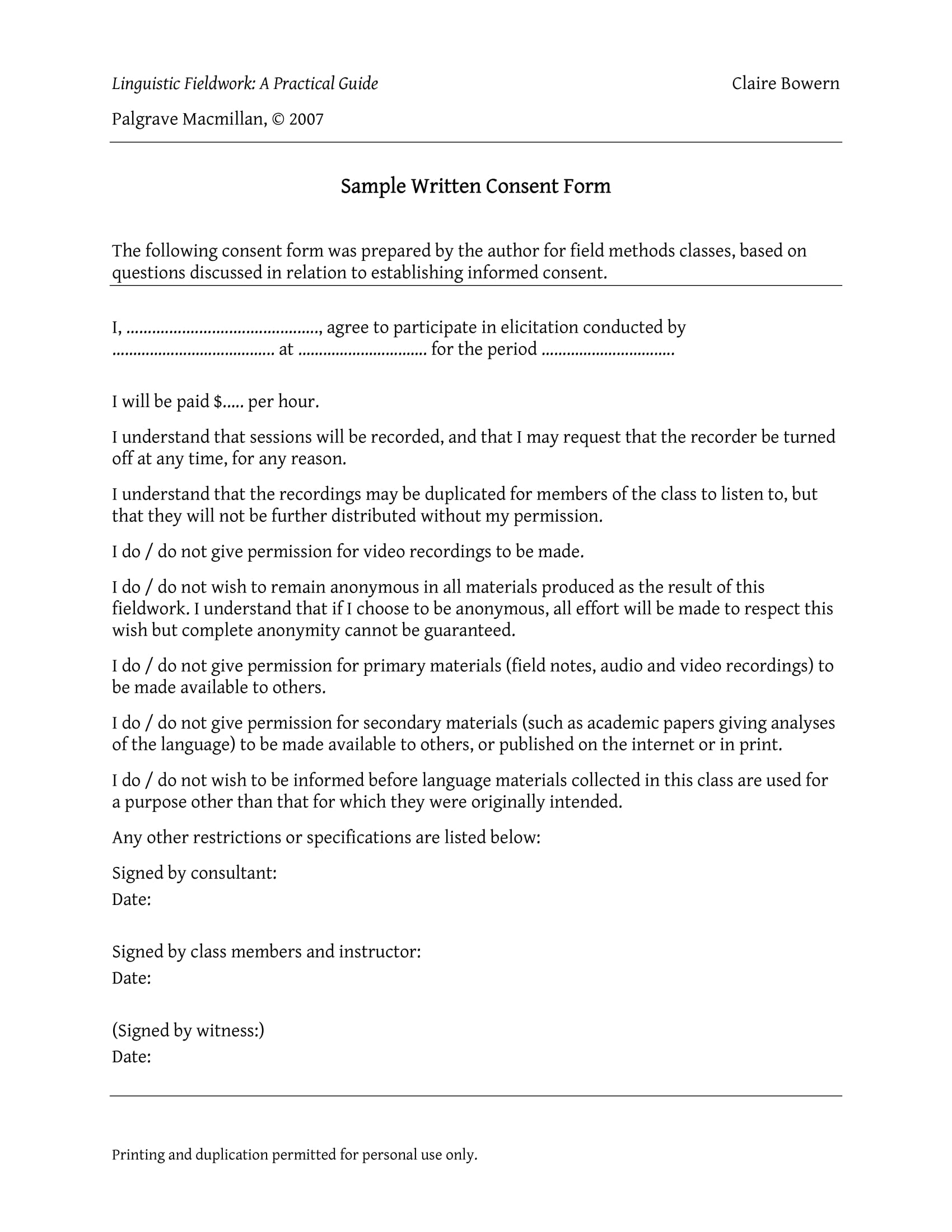

Its star, the graceful Bonnie Bedelia, does an honorable job, but the film’s “B” plot and its lack of sustained suspense make it just another generic item. “The Supreme Court shall be a court of record and shall have all the powers of such a court including the power to punish for contempt of itself,” Article 129 states.Judicial Consent aspires to belong to the league of suspense thrillers about female lawyers, like Jagged Edge with Glenn Close or Cher’s vehicle, Suspect. If the court does take suo motu cognizance, as it did in the case of Prashant Bhushan, the consent of the senior-most law officer is not required.Īrticle 129 of the Constitution gives the Supreme Court the power to initiate contempt cases on its own, independent of the motion brought before it by the AG or with the consent of the AG. The complainant can, however, separately bring the issue to the notice of the court and urge the court to take suo motu (on its own motion) cognizance. The law has a limitation period of one year for bringing in action against an individual. Last week, he turned down a request to initiate contempt proceedings against author Shefali Vaidya as the tweets were made over a year ago. In August, AG Venugopal had refused to grant consent to initiate criminal contempt proceedings against actor Swara Bhasker for allegedly making derogatory comments against the Supreme Court. If the AG denies consent, the matter all but ends. 📣 Follow Express Explained on Telegram And what happens if the AG denies consent? The only requirement is that the procedure followed is required to be just and fair and in accordance with the principles of natural justice,” the court had said.ĪG Venugopal had repeatedly objected to the court’s initiation of contempt proceedings against Bhushan during the course of the hearing. It is equally well settled, that once the Court takes cognizance, the matter is purely between the Court and the contemnor. “As far as the suo motu petitions are concerned, there is no requirement for taking consent of anybody, including the learned Attorney General because the Court is exercising its inherent powers to issue a notice for contempt. The three-judge Bench headed by Justice Arun Mishra reiterated this position in the Prashant Bhushan case. This is because the court is exercising its inherent powers under the Constitution to punish for contempt and such Constitutional powers cannot be restricted because the AG declined to grant consent. However, when the court itself initiates a contempt of court case, as it did in the case of Prashant Bhushan recently, the AG’s consent is not required. Before such a plea can be filed, the Attorney General must sign off on the complaint, determining if it requires the attention of the court at all.

The AG’s consent is mandatory when a private citizen wants to initiate a case of contempt of court against a person. (Express Archive) Is the AG’s consent mandatory for all contempt of court cases? Attorney General KK Venugopal with President Ram Nath Kovind. The AG’s consent is meant to be a safeguard against frivolous petitions, as it is deemed that the AG, as an officer of the court, will independently ascertain whether the complaint is indeed valid. Judicial time is squandered if frivolous petitions are made and the court is the first forum for bringing them in. The objective behind requiring the consent of the Attorney General before taking cognizance of a complaint is to save the time of the court. The procedure in cases of criminal contempt of court, which means the publication of material that scandalises or lowers the dignity of the court or prejudices or interferes with the proceedings of the court, the consent of the Attorney General is required under the law. But why does the Attorney General have to grant consent?

The motion or reference made for initiating the case will have to specify the contempt of which the person charged is alleged to be guilty. However, if the motion is brought by any other person, the consent in writing of the Attorney General or the Advocate General is required.

In the case of the Supreme Court, the Attorney General or the Solicitor General, and in the case of High Courts, the Advocate General, may bring in a motion before the court for initiating a case of criminal contempt. Section 15 of the legislation describes the procedure on how a case for contempt of court can be initiated. The Contempt of Courts Act, 1971, lays down the law on contempt of court.


 0 kommentar(er)
0 kommentar(er)
